No article found or not published for this site.
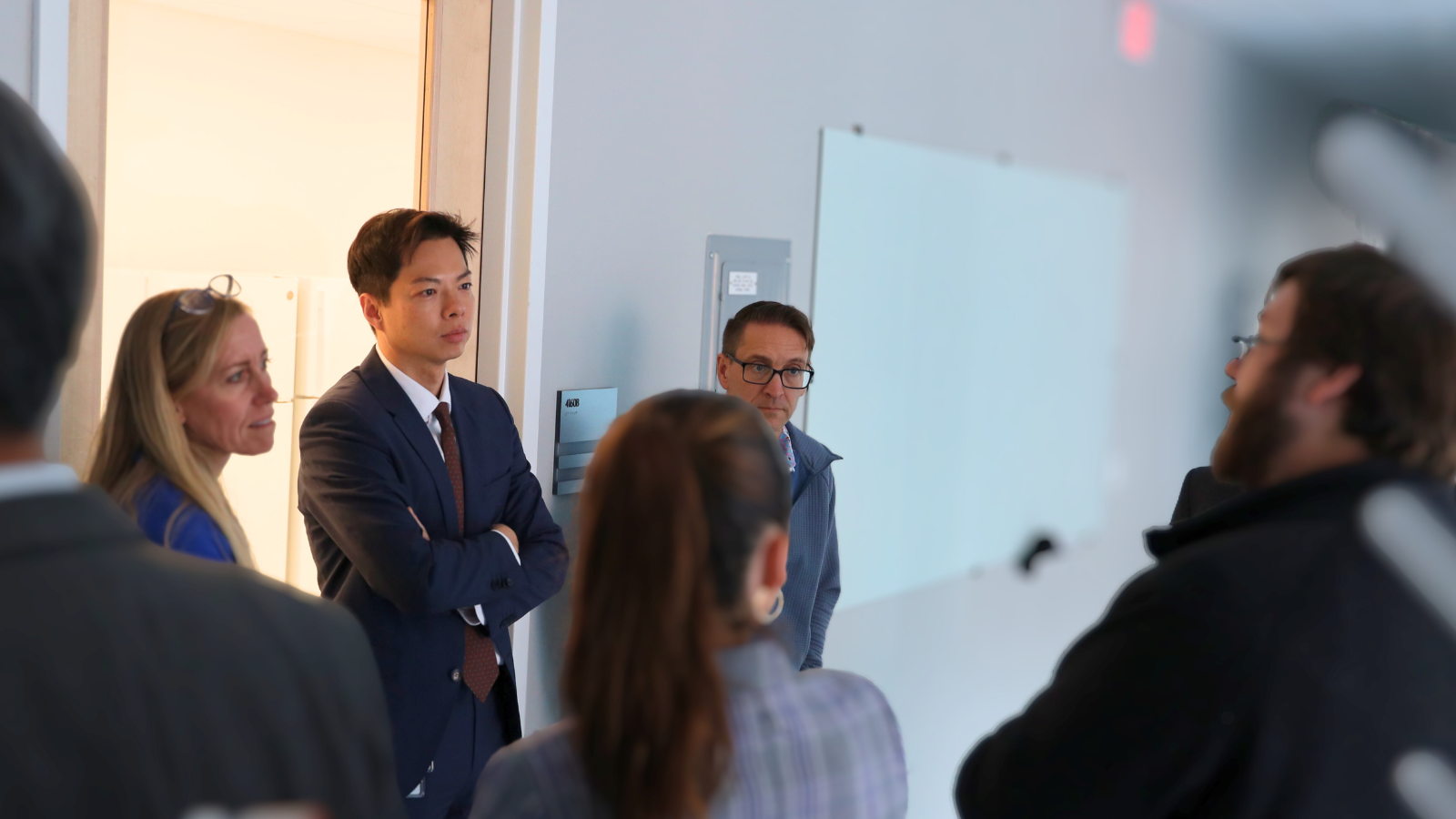

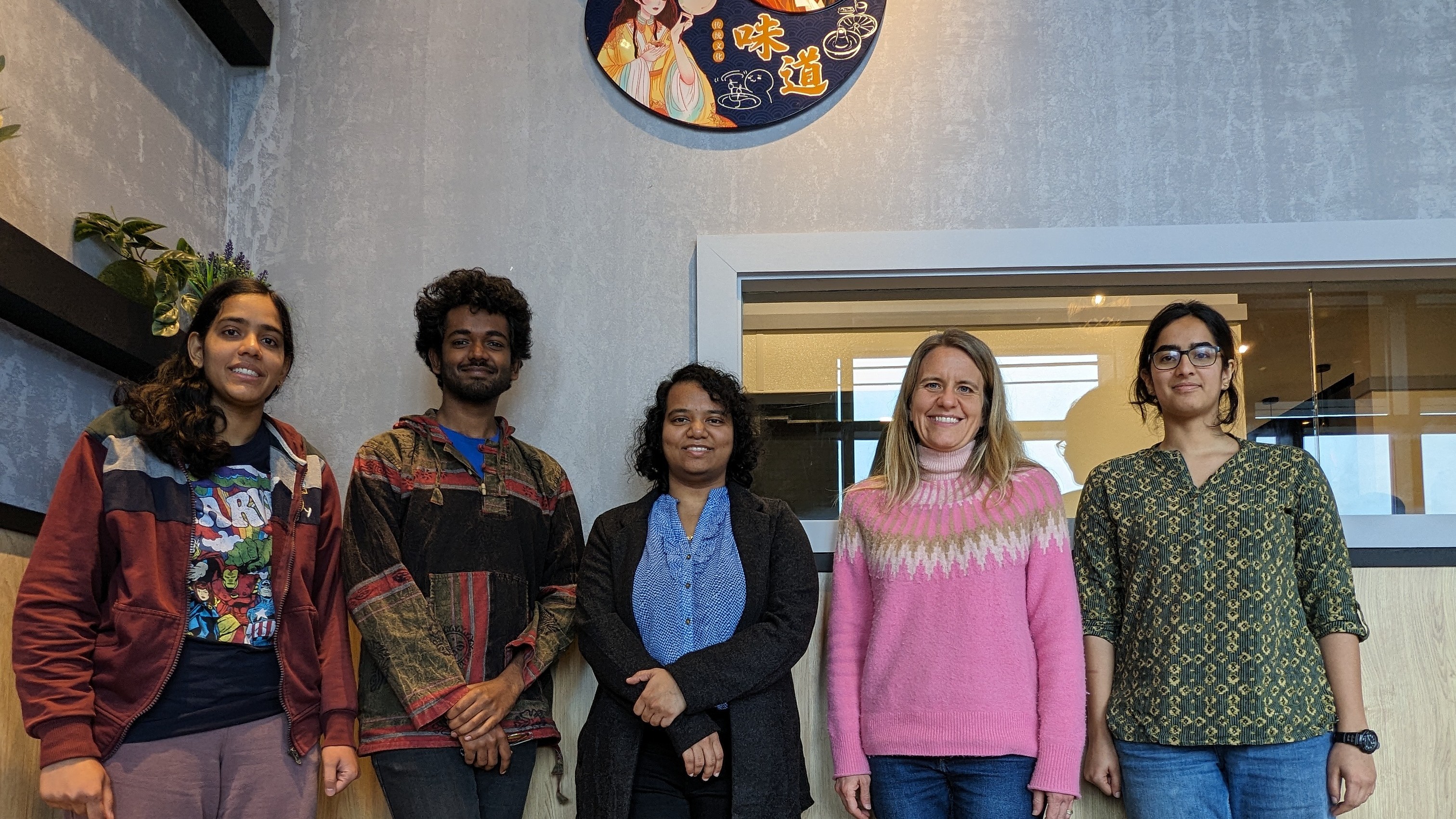
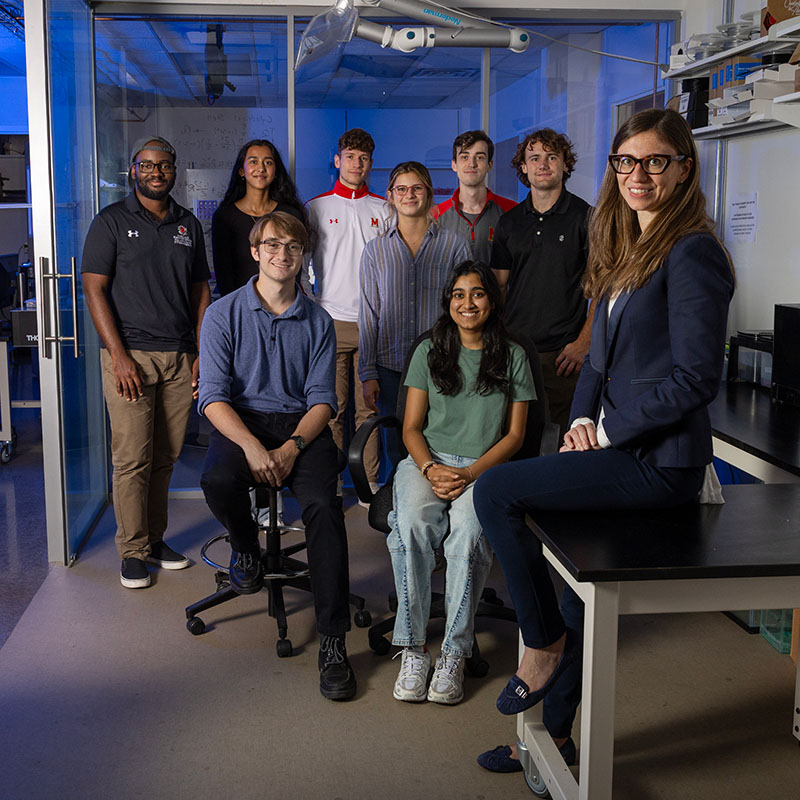
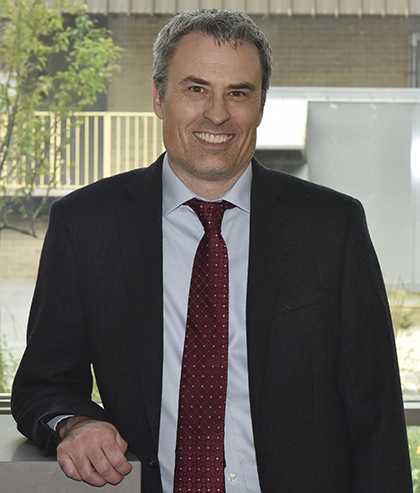
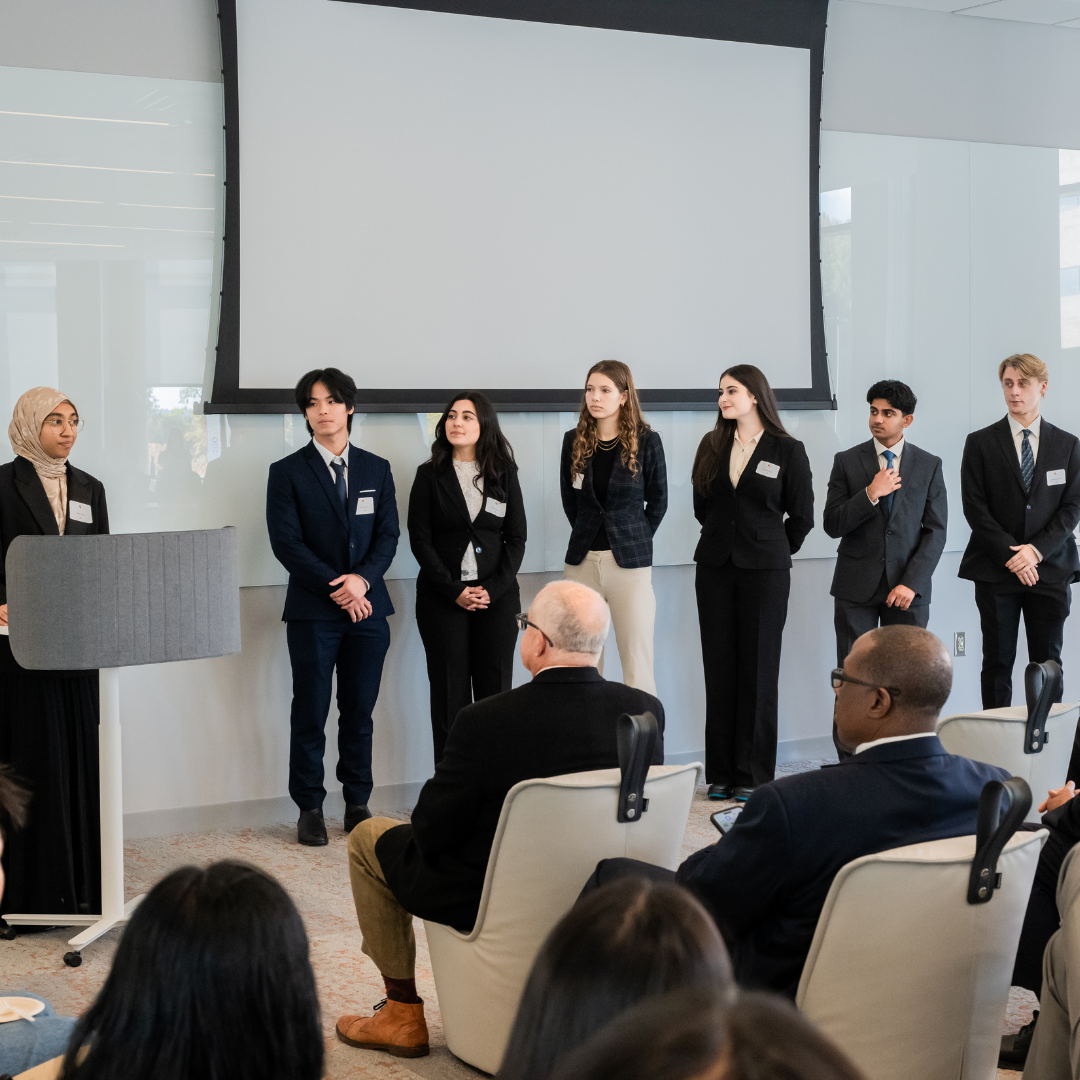
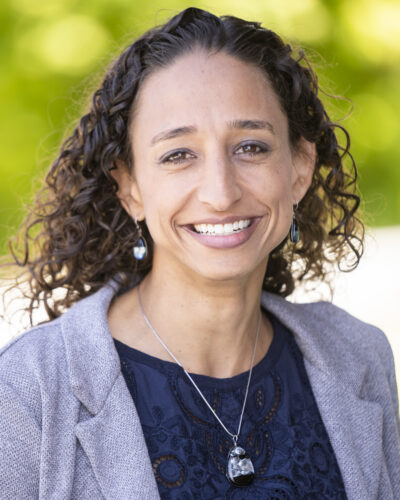
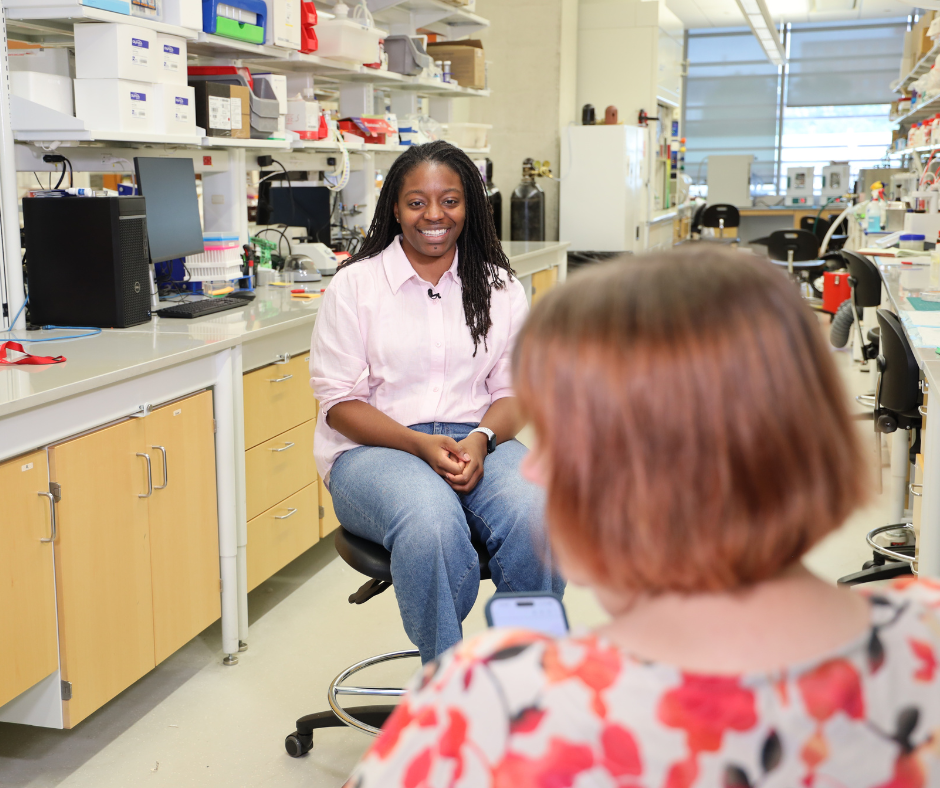
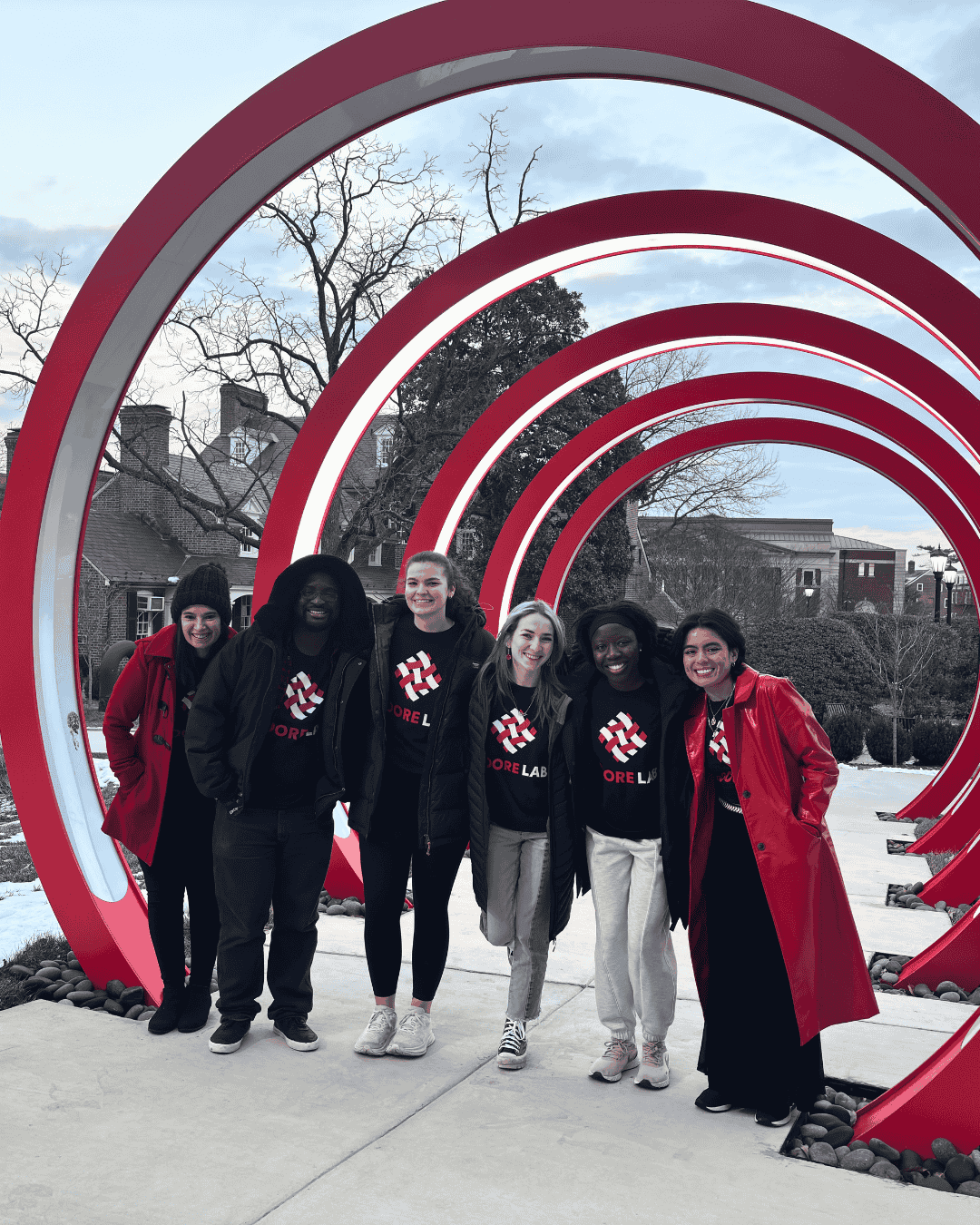
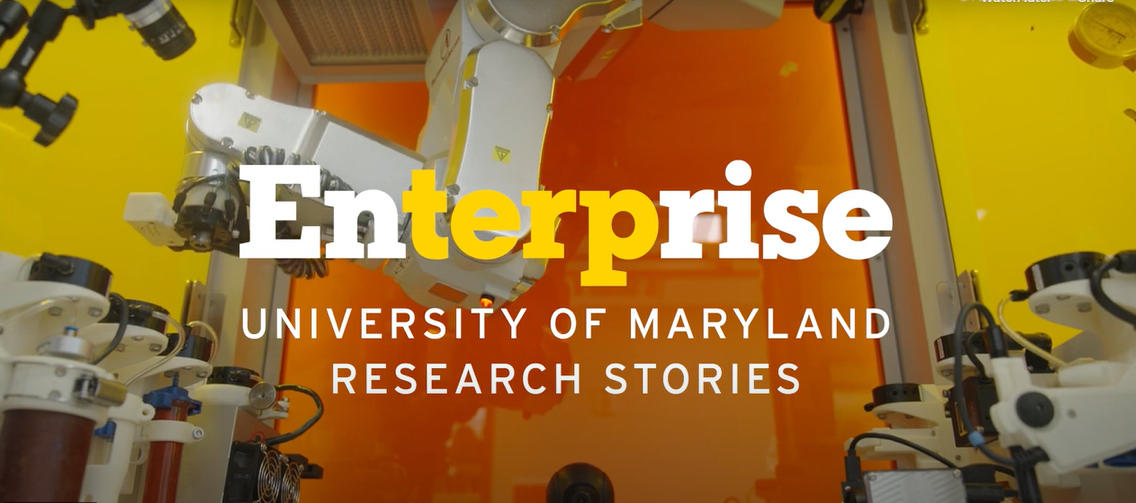
Recent Stories
Stories / Dec 3, 2025
Using Innovation to Advance Ethical and Translational Brain...

Stories / Nov 21, 2025
Engineering at Maryland magazine solves for excellence

Stories / Nov 18, 2025
BIOE Associate Professor Explores How Huntington’s Protein...

Stories / Nov 3, 2025
Forward: Empowering the Next Generation of Engineers

Stories / Oct 31, 2025
White Appointed Associate Chair for Graduate Studies and...

Stories / Oct 30, 2025
Meet Tomorrow’s Health Care Leaders

Stories / Oct 29, 2025
Grace O’Connell Receives Presidential Early Career Award

Stories / Oct 22, 2025
Erika Moore Named to Science News 2025 “Scientists to...

Stories / Oct 21, 2025
AI Tool Reveals Gaps in Ancestry Reporting Across Biomedical...

Stories / Oct 16, 2025
With AI’s Help, Doctors Could One Day Press ‘Print’ in...
